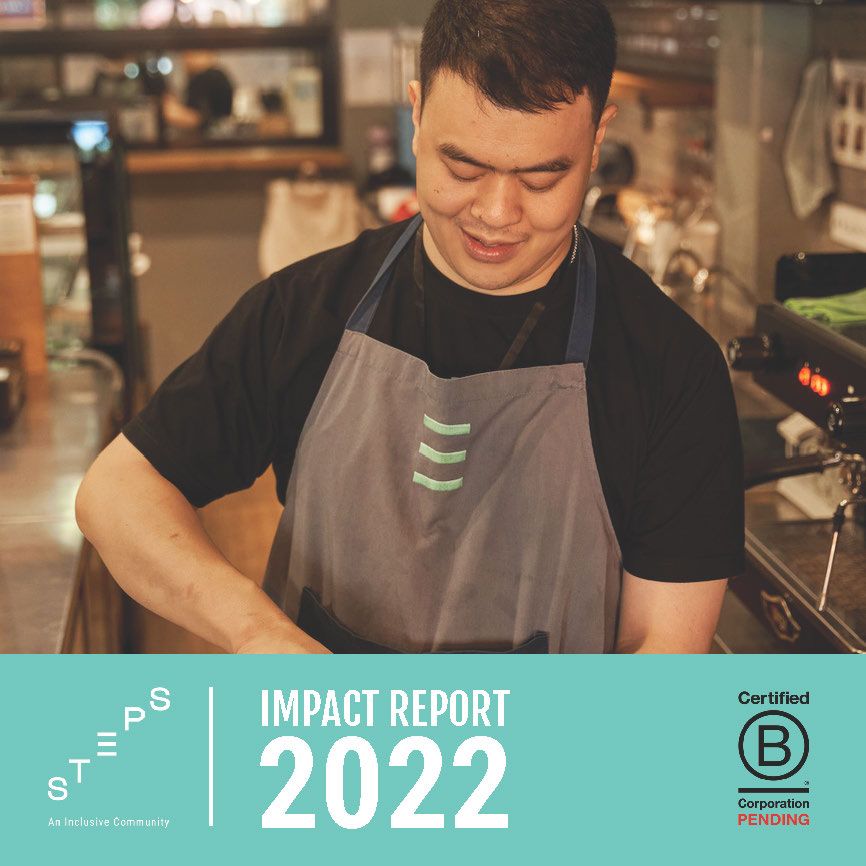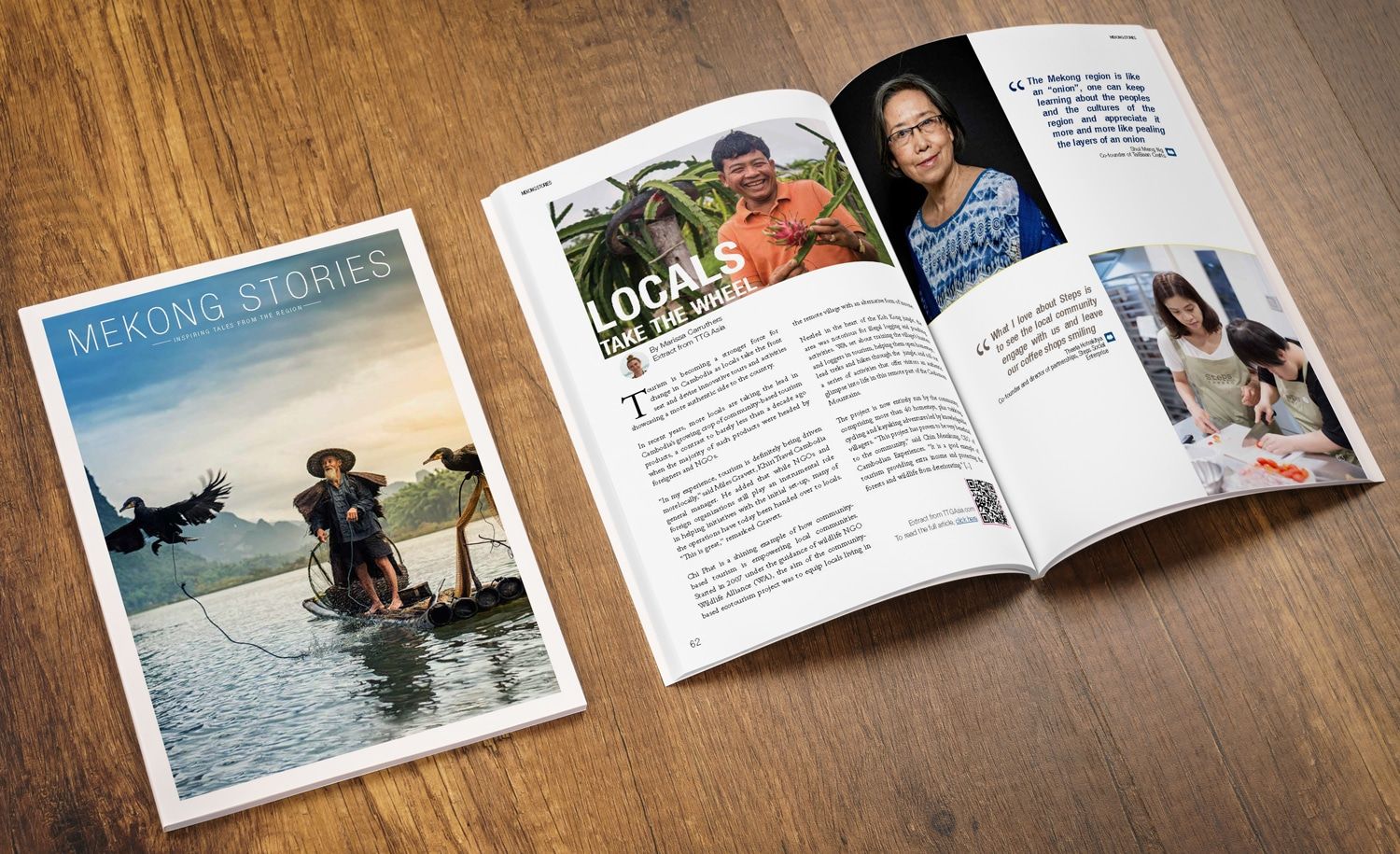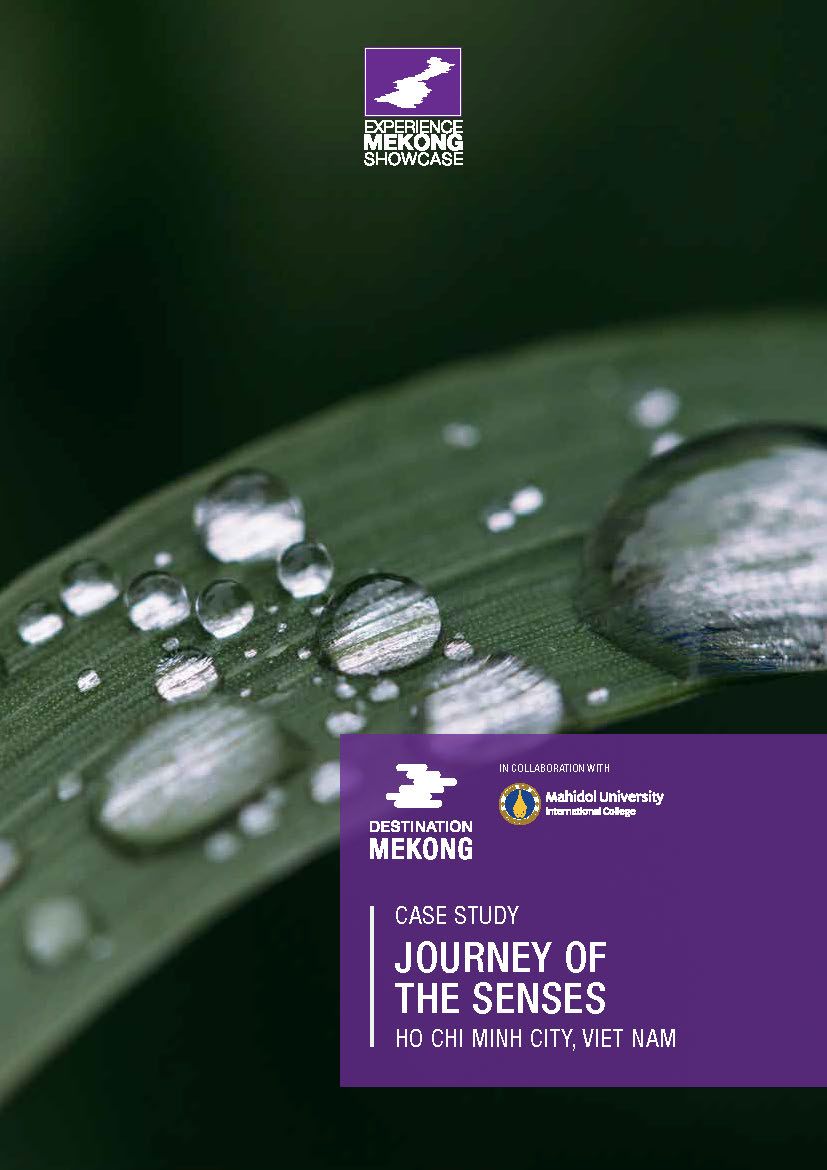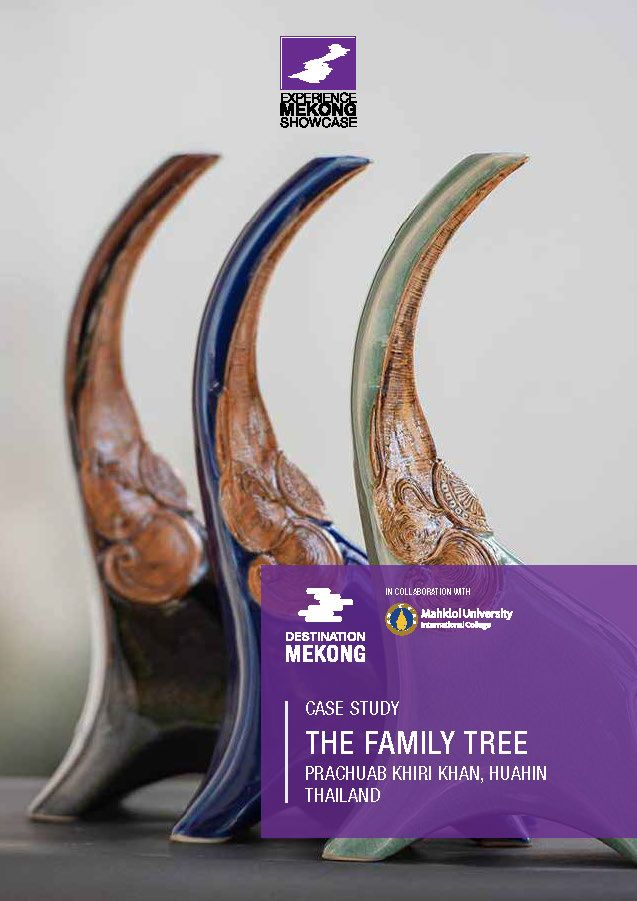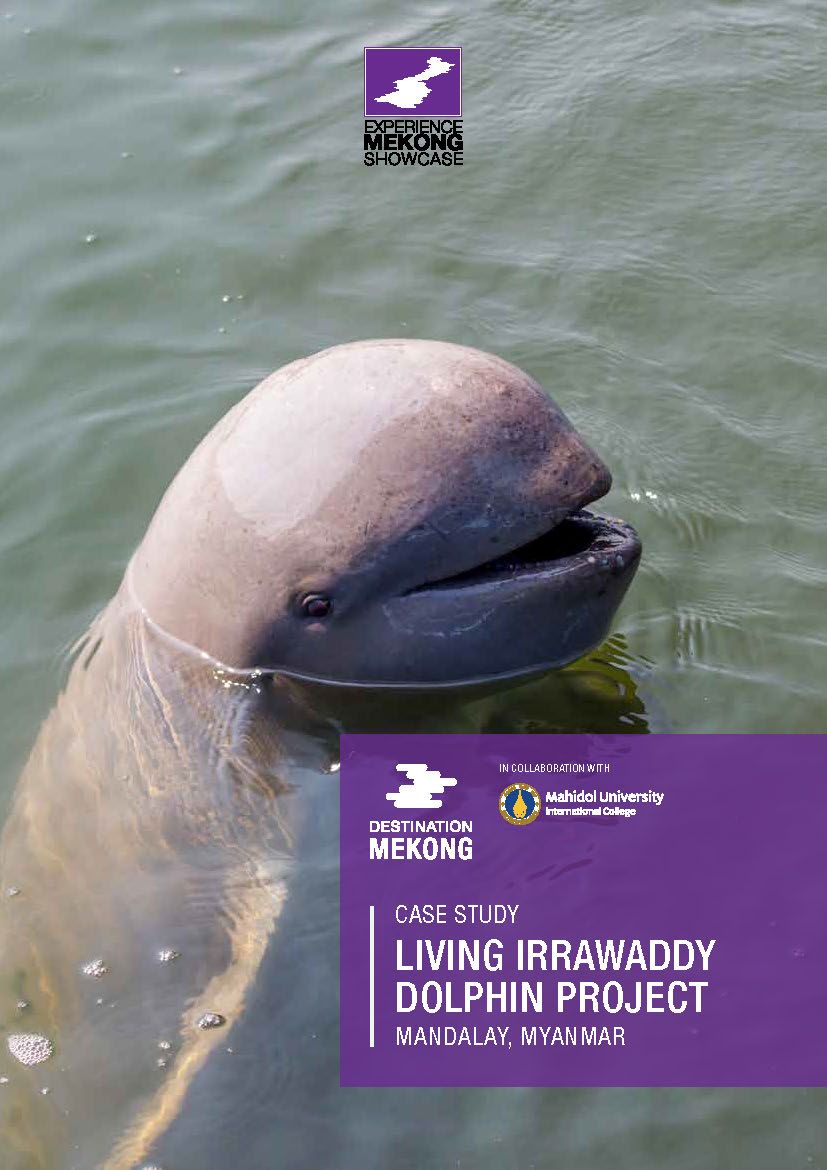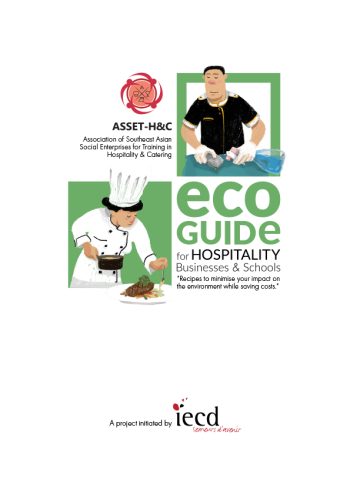
ECO Guide for Hospitality Businesses & Schools
By 2030, an expected 1.8 billion international tourists will be traveling the world(1), enhancing both local and global economic development, creating large direct and indirect employment opportunities, as well as promoting cross-cultural exchanges and understanding. If future looks bright for the industry, it is however much duller when environmental factors are taken into account.
With 1.3 billion people traveling the world each year, the tourism sector is already responsible for 14% of global climate change(2). According to the United Nations Environment Programme, “in a ‘business-as-usual’ scenario, tourism would generate through 2050 an increase of 154% in energy consumption, 131% in greenhouse gas emissions, 152% in water consumption and 251% in solid waste disposal”(3).
Redefining tourism development now is primarily a moral and ethical issue, so that tourism can remain a great lever for development and peace.
Environmental destruction should also be an economical concern for the sector. Tourism heavily depends on the availability and quality of natural resources and environments it is embedded in to exist and pursue its development. One could say the sector’s biggest threat could become tourism itself if it keeps actively contributing to the depletion of resources instead of preserving them. There is a risk that “in the future the sector may be more exposed to criticism as a “dirty” sector” according to the Global Sustainable Tourism Council, if nothing is done at least “on the ground to reduce emissions and other harmful environmental and social effects”(4).
It is therefore key to rethink how we will be able to sustainably manage this growing industry in order to make it a positive experience and asset for all its stakeholders.
The good news is that there is a commercial opportunity for industry actors who will lead the way. In fact, travellers are increasingly aware of global environmental and social issues, and attentive to their own impact while travelling. The effective responsibility and sustainability of the industry actors they are entrusting their holidays with is clearly becoming a factor in their final consumption choice. In 2017, a poll conducted by AIG(5) revealed that 78% of travellers considered sustainable travel as “very important” or “somewhat important” – while “only” 52% gave that same answer the year before. The sector will increasingly be held accountable by consumers and only industry players who have a proven interested in doing their part (and concrete actions) will stand out.
We trust it is not too late to turn the tide if we all – professionals, travellers – start acting to make tourism more sustainable, and if we all do the best we can(6).
As vocational training centres, within ASSET-H&C, we believe we bear a very special responsibility, being major sources of influence through the youth and adults we train, to drive large-scale and long-term changes. With this Eco-Guide, we hope to start doing our part and bring others on this journey.
Consider this a recipe book: page after page, it will provide you with easily-implementable good practices to limit the impact of your hospitality and catering activities on the environment, in 4 main areas: energy consumption, water consumption, waste and pollution, and other climate change mitigation and adaptation measures. Through basic explanations, a concrete course of action and insights from the hospitality industry, we hope to give you the keys to start or carry on change at your level.
ECO Guide for Hospitality Businesses & Schools
Publisher:
Asset-H&C
Year:
2022
Language:
English, Burmese, Khmer, Thai, Vietnamese
Size:
50 pages | 4.6 MB (English), 401 MB (other languages)
Location:
LMR

